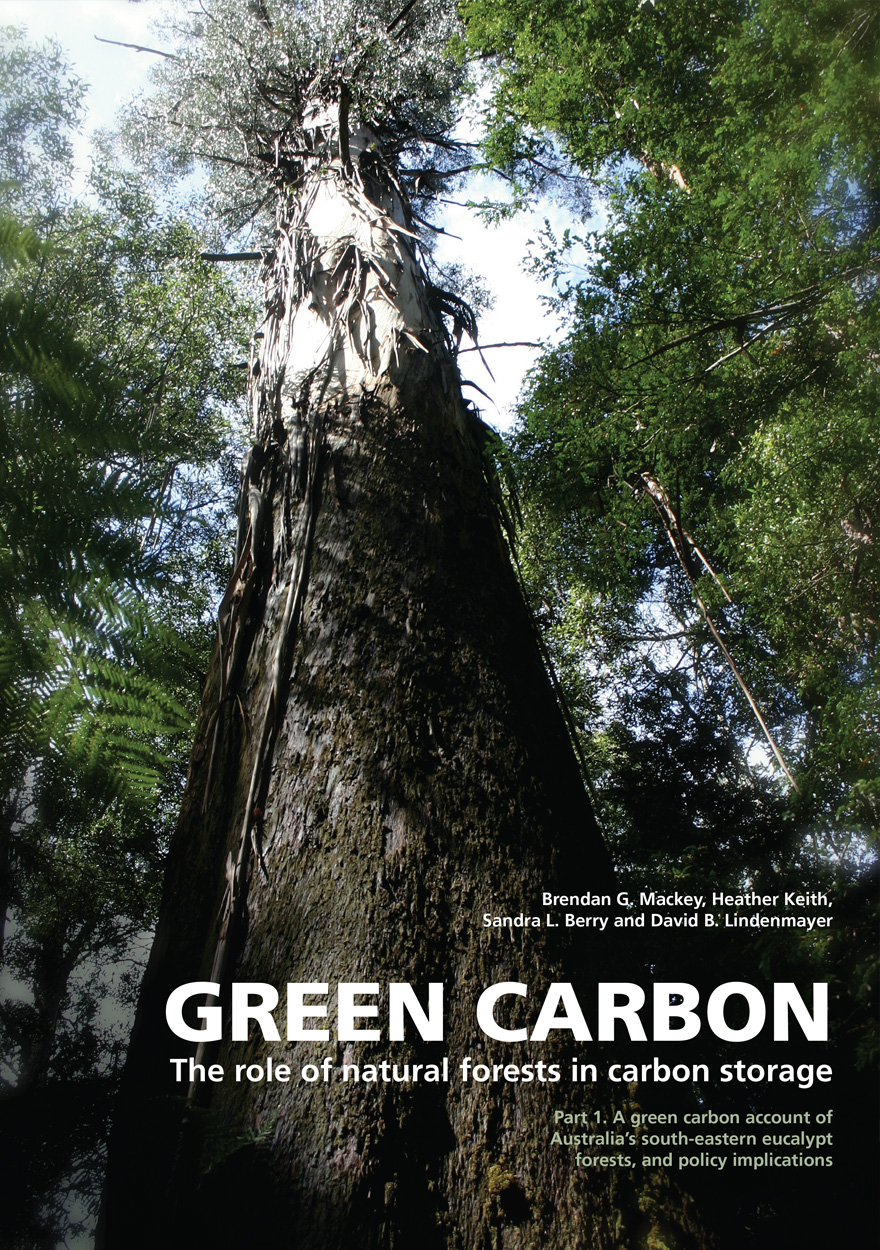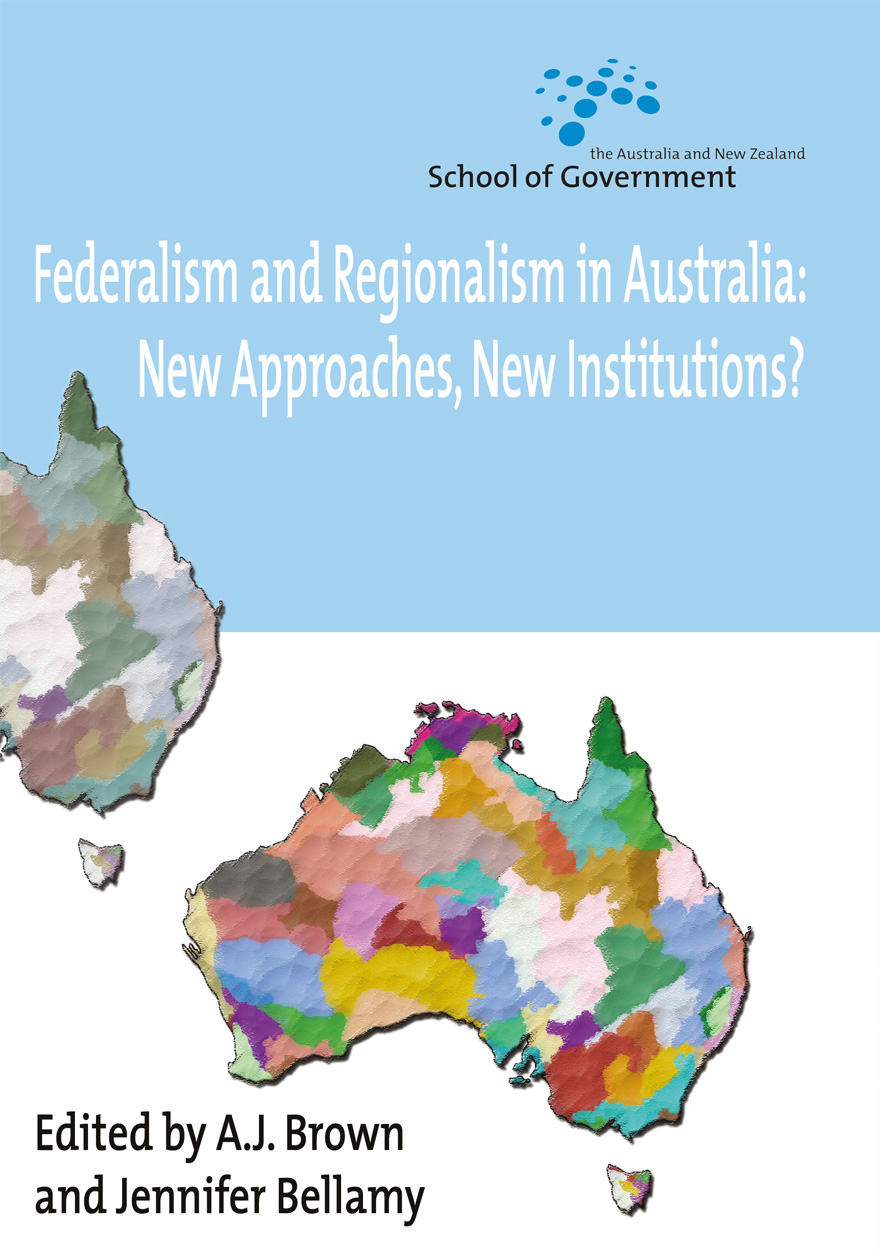Search titles
Displaying results 91 to 100 of 103.

Public Policy »
Why ethics matters
Publication date: October 2010
Ethics is a vigorously contested field. There are many competing moral frameworks, and different views about how normative considerations should inform the art and craft of governmental policy making. What is not in dispute, however, is that ethics matters. The ethical framework adopted by policy analysts and decision makers not only shapes how policy problems are defined, framed and analysed, but also influences which ethical principles and values are taken into account and their weighting. As a result, ethics can have a profound impact, both on the character of the policy process and the choices made by decision makers.
Public Policy – Why Ethics Matters brings together original contributions from leading scholars and practitioners with expertise in various academic disciplines, including economics, philosophy, physics, political science, public policy and theology. The volume addresses three main issues: fist, the ethical considerations that should inform the conduct of public officials and the task of policy analysis; second, the ethics of climate change; and third, ethics and economic policy. While the contributors have varying views on these important issues, they share a common conviction that the ethical dimensions of public policy need to be better understood and given proper attention in the policy-making process.

Medical Student Journal of Australia: Volume One, Issue 1 »
Publication date: December 2009
The Medical Student Journal of Australia provides the medical school of The Australian National University with a platform for medical students to publish their work in a peer-reviewed journal, communicating the results of medical and health research information clearly, accurately and with appropriate discussion of any limitations or potential bias.
Download for free
Not available for purchase

An Atlas of the Global Water Cycle »
Based on the IPCC AR4 Climate Models
Authored by: Wee Ho Lim, Michael L. Roderick
Publication date: July 2009
What do climate models predict for the rainfall where you live? What about evaporation or runoff? Should your local community consider constructing new dams or do the existing water storages appear adequate? What about the availability of water for irrigation farming? Do the predictions differ between different climate models or do all the models basically predict the same changes in water availability where you live?
These are all simple questions but it is surprisingly hard for an individual, whether they be a farmer, water resources engineer, teacher or interested citizen, to answer them. As researchers active in the field we could not answer the questions either. In fact, we had never seen a compilation of the rainfall, evaporation and runoff predictions made by all the different climate models.
The Atlas contains maps and tables that document model predictions contributed by international climate modelling groups to the 2007 4th Assessment Report of the Intergovernmental Panel on Climate Change. The predictions are made available here via the wonders of the internet and ongoing cooperation by the international climate modelling community who routinely archive their results.
The maps and tables in the Atlas document rainfall, evaporation and runoff estimates for the 20th century along with predictions of the same quantities at the end of the 21st century. Whatever your interest, we hope you find the Atlas as helpful as we do.

Agenda - A Journal of Policy Analysis and Reform: Volume 15, Number 3, 2008 »
Authored by: William Coleman, Alex Robson
Publication date: September 2008
Agenda is a refereed, ECONLIT-indexed and RePEc-listed journal of the College of Business and Economics, The Australian National University. Launched in 1994, Agenda provides a forum for debate on public policy, mainly (but not exclusively) in Australia and New Zealand. It deals largely with economic issues but gives space to social and legal policy and also to the moral and philosophical foundations and implications of policy.
Subscribe to the Agenda Alerting service if you wish to be advised on forthcoming or new issues.
Download for free
Not available for purchase

Green Carbon Part 1 »
The role of natural forests in carbon storage
Authored by: Brendan Mackey, Heather Keith, Sandra L. Berry, David B. Lindenmayer
Publication date: August 2008
The colour of carbon matters. Green carbon is the carbon stored in the plants and soil of natural ecosystems and is a vital part of the global carbon cycle. This report is the first in a series that examines the role of natural forests in the storage of carbon, the impacts of human land use activities, and the implications for climate change policy nationally and internationally. REDD (“reducing emissions from deforestation and degradation”) is now part of the agenda for the “Bali Action Plan” being debated in the lead-up to the Copenhagen climate change conference in 2009. Currently, international rules are blind to the colour of carbon so that the green carbon in natural forests is not recognised, resulting in perverse outcomes including ongoing deforestation and forest degradation, and the conversion of extensive areas of land to industrial plantations. This report examines REDD policy from a green carbon scientific perspective. Subsequent reports will focus on issues concerning the carbon sequestration potential of commercially logged natural forests, methods for monitoring REDD, and the long term implications of forest policy and management for the global carbon cycle and climate change.

Troubled Waters »
Confronting the Water Crisis in Australia’s Cities
Edited by: Patrick Troy
Publication date: June 2008
Australian cities have traditionally relied for their water on a ‘predict-and-provide’ philosophy that gives primacy to big engineering solutions. In more recent years privatised water authorities, seeking to maximise consumption and profits, have reinforced the emphasis on increasing supply. Now the cities must cope with the stresses these policies have imposed on the eco-systems from which they harvest water, into which they discharge wastes, and on which they are located. Residents are having to pay more for their water, while the cities themselves are becoming less sustainable.
Must we build more dams and desalination plants, or should we be managing the demand for urban water more prudently? This book explores the demand for urban water and how it has changed in response to shifting social mores over the past century. It explains how demand for centralised provision of water might be reshaped to enable the cities to better cope with expected changes in supply as our climate changes. And it discusses the implications of property rights in water for proposals to privatise water services.

Agenda - A Journal of Policy Analysis and Reform: Volume 15, Number 2, 2008 »
Authored by: William Coleman, Alex Robson
Publication date: June 2008
Agenda is a refereed, ECONLIT-indexed and RePEc-listed journal of the College of Business and Economics, The Australian National University. Launched in 1994, Agenda provides a forum for debate on public policy, mainly (but not exclusively) in Australia and New Zealand. It deals largely with economic issues but gives space to social and legal policy and also to the moral and philosophical foundations and implications of policy.
Subscribe to the Agenda Alerting service if you wish to be advised on forthcoming or new issues.
Download for free
Not available for purchase

Agenda - A Journal of Policy Analysis and Reform: Volume 15, Number 1, 2008 »
Authored by: William Coleman, Alex Robson
Publication date: April 2008
Agenda is a refereed, ECONLIT-indexed and RePEc-listed journal of the College of Business and Economics, The Australian National University. Launched in 1994, Agenda provides a forum for debate on public policy, mainly (but not exclusively) in Australia and New Zealand. It deals largely with economic issues but gives space to social and legal policy and also to the moral and philosophical foundations and implications of policy.
Subscribe to the Agenda Alerting service if you wish to be advised on forthcoming or new issues.
Download for free
Not available for purchase

Federalism and Regionalism in Australia »
New Approaches, New Institutions?
Edited by: A. J. Brown, Jennifer Bellamy
Publication date: August 2007
Australia’s federal system is in a state of flux and its relevance is being challenged. Dramatic shifts are occurring in the ways in which power and responsibility are shared between governments. Pressure for reform is coming not just from above, but from below, as the needs of local and regional communities – both rural and urban – occupy an increasingly important place on the national stage. How will these competing pressures for centralisation and devolution in the structures of federalism be reconciled? In this volume, experts and policy practitioners from diverse backgrounds canvass this uncertain future to conclude that the future of state, regional and local institutions is not only a vital question of federal governance, but must be addressed in a conscious and concerted way if Australian federalism is to evolve in ways that are sufficiently legitimate, effective, efficient and adaptive.

The Nature of Northern Australia »
Its natural values, ecological processes and future prospects
Publication date: July 2007
Northern Australia stands out as one of the largest natural areas remaining on Earth- alongside such global treasures as the Amazon rainforests, the boreal conifer forests of Alaska and Canada, and the polar wilderness of Antarctica. Nature remains in abundance in ‘the North.’
Its intact tropical savannas, rainforests, and free flowing rivers provide a basis for much of the economic activity and the quality of life for residents of the area.
The Nature of Northern Australia details the latest science on the Northern environment.
With increasing debate over the future of Australia’s often forgotten North, this is a timely examination of its environmental significance, the ecological processes that make it function, and the economies that are compatible with maintaining healthy communities and people and healthy country into the future.
The authors, Dr. John Woinarski, Professor Brendan Mackey, Professor Henry Nix and Dr. Barry Traill, are leading experts on the environment of Northern Australia, and combined have many decades of experience on Northern ecology and land management.



